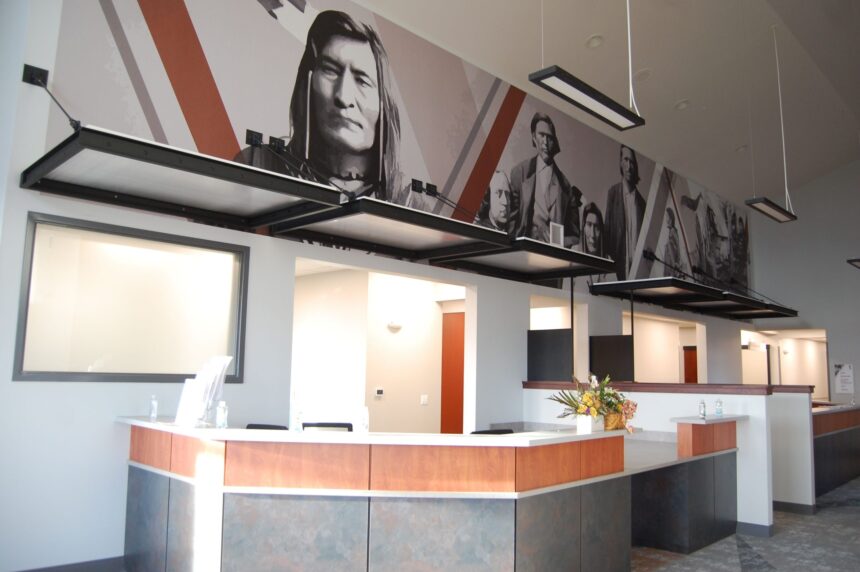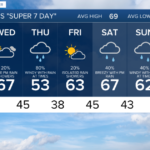About a year into the process of redetermining Medicaid eligibility after the COVID-19 public health emergency, more than 20 million people nationwide have been kicked off the joint federal-state program for low-income families.
A chorus of stories recount the ways the unwinding has upended people’s lives, but Native Americans are proving particularly vulnerable to losing coverage and face greater obstacles to re-enrolling in Medicaid or finding other coverage.
“From my perspective, it did not work how it should,” said Kristin Melli, a pediatric nurse practitioner in rural Kalispell, who also provides telehealth services to tribal members on the Fort Peck Reservation.
The redetermination process has compounded long-existing problems people on the reservation face when seeking care, she said. She saw several patients who were still eligible for benefits disenrolled. And a rise in uninsured tribal members undercuts their health systems, threatening the already tenuous access to care in Native communities.
One teenager, Melli recalled, lost coverage while seeking lifesaving care. Routine lab work raised flags, and in follow-ups Melli discovered the girl had a condition that could have killed her if untreated. Melli did not disclose details, to protect the patient’s privacy.
Melli said she spent weeks working with tribal nurses to coordinate lab monitoring and consultations with specialists for her patient. It wasn’t until the teen went to a specialist that Melli received a call saying she had been dropped from Medicaid coverage.
The girl’s parents told Melli they had reapplied to Medicaid a month earlier but hadn’t heard back. Melli’s patient eventually got the medication she needed with help from a pharmacist. The unwinding presented an unnecessary and burdensome obstacle to care.
Pat Flowers, Montana Democratic Senate minority leader, said during a political event in early April that 13,000 tribal members had been disenrolled in the state.
Native American and Alaska Native adults are enrolled in Medicaid at higher rates than their white counterparts, yet some tribal leaders still didn’t know exactly how many of their members had been disenrolled as of a survey conducted in February and March. The Tribal Self-Governance Advisory Committee of the Indian Health Service conducted and published the survey. Respondents included tribal leaders from Alaska, Arizona, Idaho, Montana, and New Mexico, among other states.





